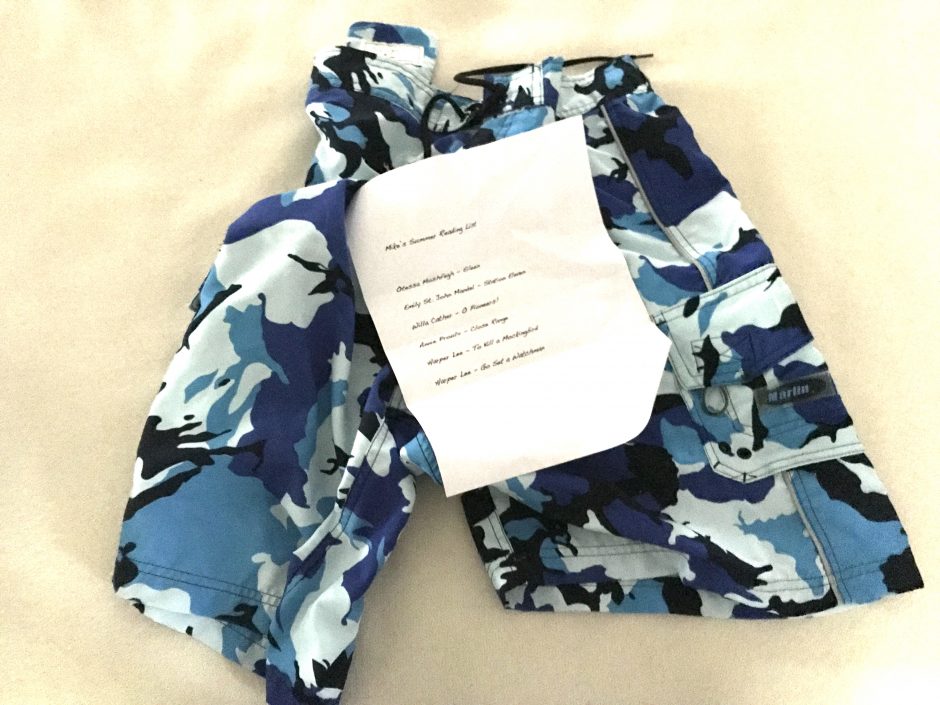I still have all my summer reading lists from high school. The eternal optimist in me thought that someday I’d run down that list and read each one. Years later, I still haven’t read more than a few of those books, but that collection spawned a very important way of thinking for me.
As a student, I treated these reading lists like they were the word of God – that to be a writer or English major in college, these were the texts I should be reading. Still, there was a quietly blasphemous part of me that questioned that belief and as I grew older, I realized that even these holy lists were imperfect.
Fast forward to last year, when I was studying my Goodreads “to read” and “previously read” lists. I noticed biases reflected in the texts I chose to read. There was an inadvertent literary bigotry expressed in my reading habits that did not align with my personal beliefs; I was reading almost exclusively dead, white, American, male writers. So, my literary New Year’s resolution was to break this trend, starting with gender. My goal this year is to read a book by a different female author each month. I’m six months in and here is my half-year report.
I’ve read six books so far. My secondary goal was to choose books with female protagonists and works of either literary acclaim or recommendations by trusted booksellers and librarians.
Here are the books I’ve read so far:
Otessa Moshfegh – Eileen
Emily St. John Mandel – Station Eleven
Willa Cather – O Pioneers!
Annie Proulx – Close Range
Harper Lee – To Kill a Mockingbird
Harper Lee – Go Set a Watchman
The most important pattern that I noticed after reading all of these books was how much of a difference having a writer/narrator/main character of a different gender affected how I synthesized the material. Without having male-ness to latch on to, I found myself more of a spectator in these worlds. As a result, I listened more intently and I made a concerted effort to empathize with the character/narrator. Harper Lee’s books take place long before I was born, so I soaked up so much of time in her books. Annie Proulx’s and Willa Cather’s books take place in Nebraska and Wyoming, so I was immersed in place in their books. In Otessa Moshfeigh’s book (a book which lives in characterization more than anything else), I continuously worked to understand what being Eileen must be like. And in Emily St. John Mandel’s book, a post-apocalyptic tragedy, the essential female-ness of the main character made the already jarring adjustment to a whole new world even more novel and fantastic.
Even though the characters and voices in each of these books demonstrated universal human traits and actions, gender played a role in how I took in the events that unfolded, which I found to be stimulating and powerful. The impact of reading books by voices far from my own back-to-back has been a cumulative widening of my consciousness. Sure, I still love reading books with voices that speak to me personally, but I am enjoying the vividness which hearing other voices gives my reading experience.
Please share book recommendations with me and let me know if my reading bias challenge has inspired you to do the same!
**
Mike Mavilia Rochester is the Head Barista and Editor at the Fictional Café. You can comment on this page or write him at mike@7zn.8f6.myftpupload.com



